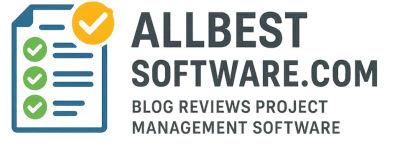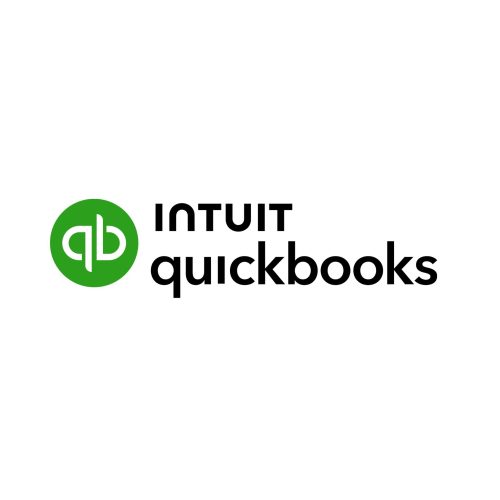Quick Books Software
Overview
Many businesses struggle with fragmented financial tools, spreadsheets, and disconnected systems. QuickBooks provides an integrated accounting platform to streamline bookkeeping, automate invoicing, reconcile bank transactions, and manage payroll — all while delivering real-time financial insights. Its wide adoption and ecosystem make it a default choice for many accounting professionals.
QuickBooks is available in different editions (Online, Desktop, Enterprise) to suit business size, complexity, and the need for cloud access vs local installation.
What Is the QuickBooks Software?
QuickBooks is an accounting and financial management system for small and medium-sized businesses. It helps users record income & expenses, run reports, invoice customers, pay bills, manage inventory, and process payroll. Depending on the edition (Online or Desktop), it is either hosted in the cloud (subscription-based) or installed locally (subscription/license).
Its ecosystem includes many add-ons and integrations with banks, payment processors, time-tracking tools, eCommerce platforms, and tax tools.
Key Features of QuickBooks Software
- Invoicing, estimates, and billing
- Bank & credit card feed import and reconciliation
- Expense and receipt tracking
- Financial reporting, dashboards, and forecasting
- Multi-currency support
- Inventory management (in certain editions)
- Payroll integration & tax filing
- Project tracking and job costing
- Multi-user access with role permissions
- App ecosystem & integrations with CRM, eCommerce, payment gateways
- Audit trails, data backups, and security
Who Should Use QuickBooks Software?
- Small and medium businesses needing robust but accessible accounting tools
- Startup founders and solo entrepreneurs wanting to manage their own finances
- Businesses with remote or hybrid teams needing cloud access
- Companies scaling in complexity (inventory, multiple users, payroll needs)
- Those who need compatibility with accountants, tax firms, or finance services
Pricing & Plans
QuickBooks Pricing — Online & Desktop Editions
Simple Start
Online- 1 user + accountant
- Invoicing, income & expense tracking
- Receipt capture & bank reconciliation
Essentials
Online- 3 users
- Manage bills & payments
- Time tracking & vendor management
Advanced
Online- 25 users
- Business analytics & batch actions
- 24/7 premium support & automation
Enterprise
Desktop / Local- Up to 40 users
- Industry-specific editions & advanced inventory
- Priority support & advanced reporting
* Prices are for U.S. QuickBooks Online plans. Some regional versions may differ. :contentReference[oaicite:0]{index=0}
* Desktop / Enterprise pricing varies by user count and configuration. :contentReference[oaicite:1]{index=1}
* Discounts or promotional offers (e.g. first 3 months) may apply.
Pros & Cons of QuickBooks
Final Verdict
QuickBooks remains one of the most dependable and feature-rich accounting platforms on the market. Its broad acceptance in the accounting community, robust integrations, and scalable offerings make it a top choice for many businesses. If you are scaling, especially with inventory, projects, or multi-user needs, QuickBooks can grow with you. Just be mindful of pricing tiers and changes — choose a plan that gives proper value for your use case.
Start Free with QuickBooks
Try QuickBooks Online for 30 days — no commitment required.
FAQs About QuickBooks
For cloud access and flexibility, QuickBooks Online (Simple Start, Essentials, Plus, Advanced) is ideal.
For heavy inventory, industry-specific needs, or many users, QuickBooks Enterprise or Desktop might be preferable.


